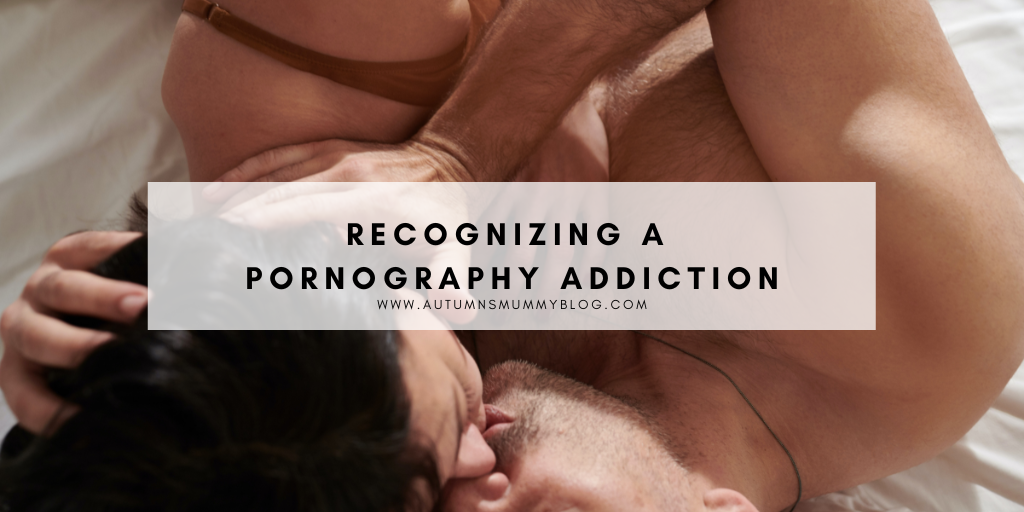This post was developed via a partnership with BetterHelp¦ Whether we like it or not, pornography is part of our culture. It has clearly shown staying power, as porn sites remain among the most visited in the world.
While masturbation is perfectly healthy, and porn consumption can be consumed in an ethical and moderate fashion, many people end up experiencing what amounts to a pornography addiction.
But how to recognize when watching pornography has become a problem and may negatively affect mental health? Read on to learn some key signs that can help indicate whether it’s become an addiction.
What Is an Impulse Control Disorder?
Let’s start by taking a look at what’s known as impulse control disorder, which may be the culprit when it comes to addictions like pornography addiction.
According to the website for American Addiction Centers, people with impulse control disorder tend to have difficulty controlling their emotions or behaviors. Some fairly common versions of this disorder include being a shopaholic, a pyromaniac, a kleptomaniac, etc.
What makes this a disorder is that it must be causing significant disruption to this person’s well-being (and quite possibly that of people around them).
Pornography addiction may be explained by impulse control disorder, but it’s just one possibility. If you would like to gain access to more helpful resources on pornography, you might want to check out the content available online through BetterHelp:
What makes it technically a disorder is the fact that it is negatively affecting the person’s life, and possibly the lives of those around them: https://www.betterhelp.com/advice/pornography/.
Pornography Addiction
If you feel like you’re no longer in control when it comes to how much you are consuming pornography, it might in fact be an impulse control disorder.
But how can you tell the difference between casual consumption of pornography and having a full-on addiction?
Read on for four signs that can help you figure out if you are facing an addiction. That said, be sure to consult a medical expert for a proper diagnosis if you are genuinely concerned.
Your Relationships Are Suffering
Have you lost romantic partners or friends because of your pornography habits? Are you spending less time with people you care about because you would rather be online browsing porn sites?
If so, it’s quite likely that pornography has taken over your life and become an unhealthy obsession. The important relationships in your life should never suffer due to how much porn you are consuming.
You Can’t Stop Thinking About Porn
If you are almost always thinking about porn, and especially when you should be focusing on something else, this could very well indicate that you have become obsessed. For example, your workday should not be interrupted by thoughts (at least not at all frequently or in a disruptive manner) by porn.
Porn Is a Coping Mechanism
If porn has become a coping mechanism, then you should stop and consider whether or not it has become something you depend on (and possibly an addiction). Coping mechanisms generally help us deal with some kind of pain, whether that’s sadness, loneliness, etc.
If porn is one of the only ways you feel like you can cope, then you should strongly consider taking a break and tackling the root of your issues.
Your Overall Well-being Is Suffering
If your porn consumption is negatively affecting your overall well-being, it has likely moved over into the realm of an impulse control disorder or addiction. So, pay close attention and be honest with yourself in order to assess if your porn consumption has been diminishing the quality of your life.
Conclusion
If you think you may have a porn addiction, don’t worry too much. Millions of people have successfully overcome all different types of addiction, and you can, too.
Excessive pornography use may be impulse control disorder, which means it is in your best interest to seek help if you fear you may have developed one.
Disclosure: This article is brought to you by BetterHelp.
